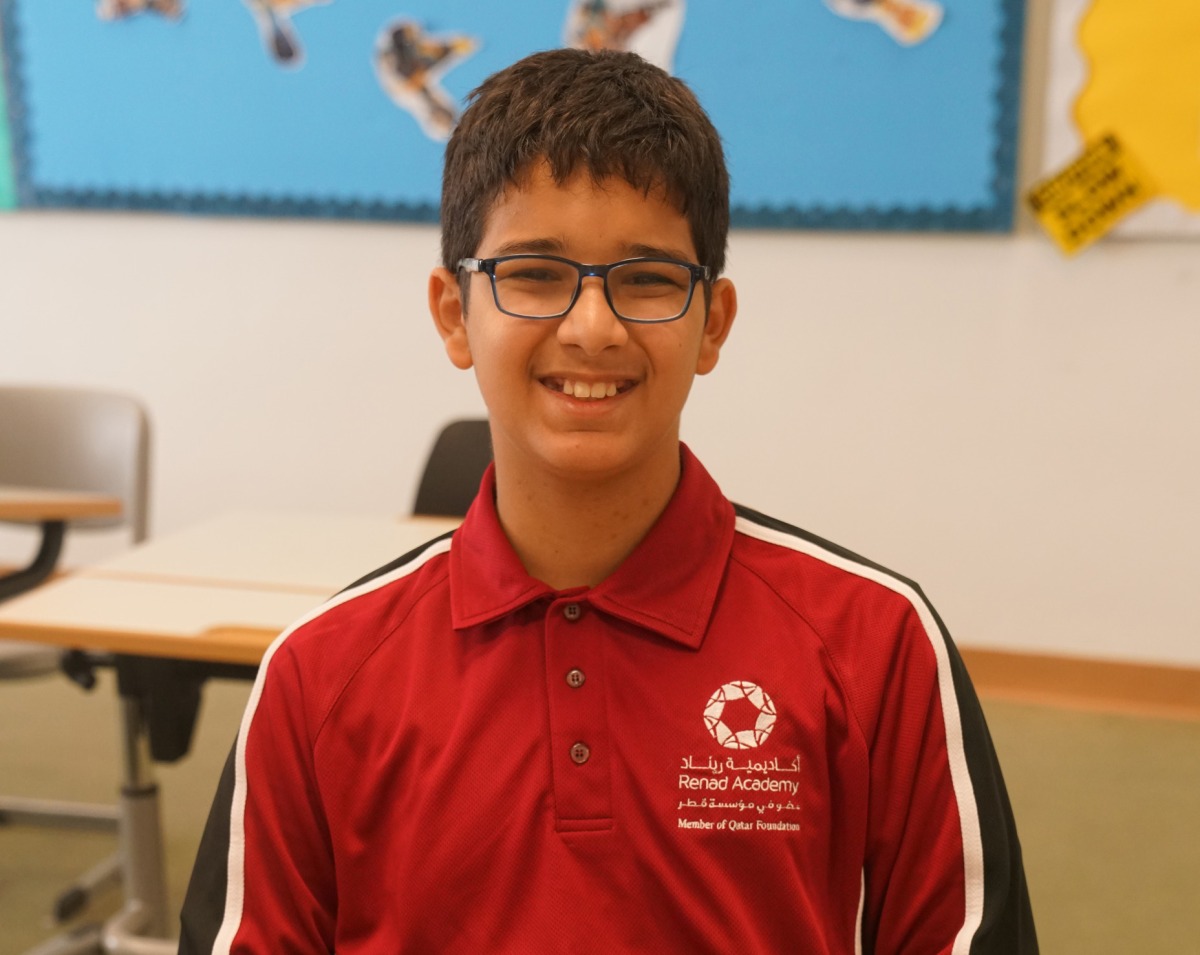Abdullah Al-Muhannadi, a student at Renad Academy in Doha, Qatar, proudly introduced his father, Lawyer Khalid Al-Muhannadi, during a special event at school. Abdullah’s father has shown unwavering support for his son since he was diagnosed with autism. Khalid has prioritized caring for Abdullah and developing his skills to help him integrate into society. The duo shares a deep bond and engages in various activities together, which has helped Abdullah build self-confidence and emotional stability.
Research conducted by the Doha International Family Institute (DIFI) emphasizes the importance of parental support for children with autism. Dr. Khaled Al-Naama, Director of the Family Research and Policy Department at DIFI, highlights the role of emotional support from parents in helping children with autism overcome challenges and develop necessary social skills. Active participation from fathers in communication and building relationships with children with autism is crucial for their overall development.
Studies by DIFI also reveal the negative impact of isolating children with autism from social events. Dr. Al-Naama stresses the significance of community awareness in enhancing children’s self-confidence and personal development. He commends Abdullah’s father for ensuring his son attends social events and familiarizing him with public spaces, which has made Abdullah comfortable and confident in such environments.
Khalid Al-Muhannadi emphasizes the importance of fathers taking an active role in the care of children with autism. He encourages fathers to attend school and public events with their children to provide them with opportunities to develop social skills and create cherished memories. Al-Muhannadi warns against neglecting children with autism, as it deprives them of essential life skills and can lead to isolation and bullying.
Dr. Al-Naama advocates for autism awareness campaigns to educate the community about the symptoms and behaviors of children with autism. Increasing understanding and support for individuals with autism can lead to greater integration and acceptance. Khalid Al-Muhannadi reflects on his journey as the father of a child with autism, expressing gratitude for the lessons Abdullah has taught him and encouraging other parents to prioritize their children with autism and be proud of them.
In conclusion, the story of Abdullah and his father Khalid Al-Muhannadi serves as a powerful reminder of the impact of parental support on children with autism. By actively engaging with their children, fathers like Khalid can help build their confidence, develop their social skills, and create a supportive environment for their overall development. Through awareness campaigns and sharing experiences, communities can foster understanding and acceptance of individuals with autism, contributing to a more inclusive society.











